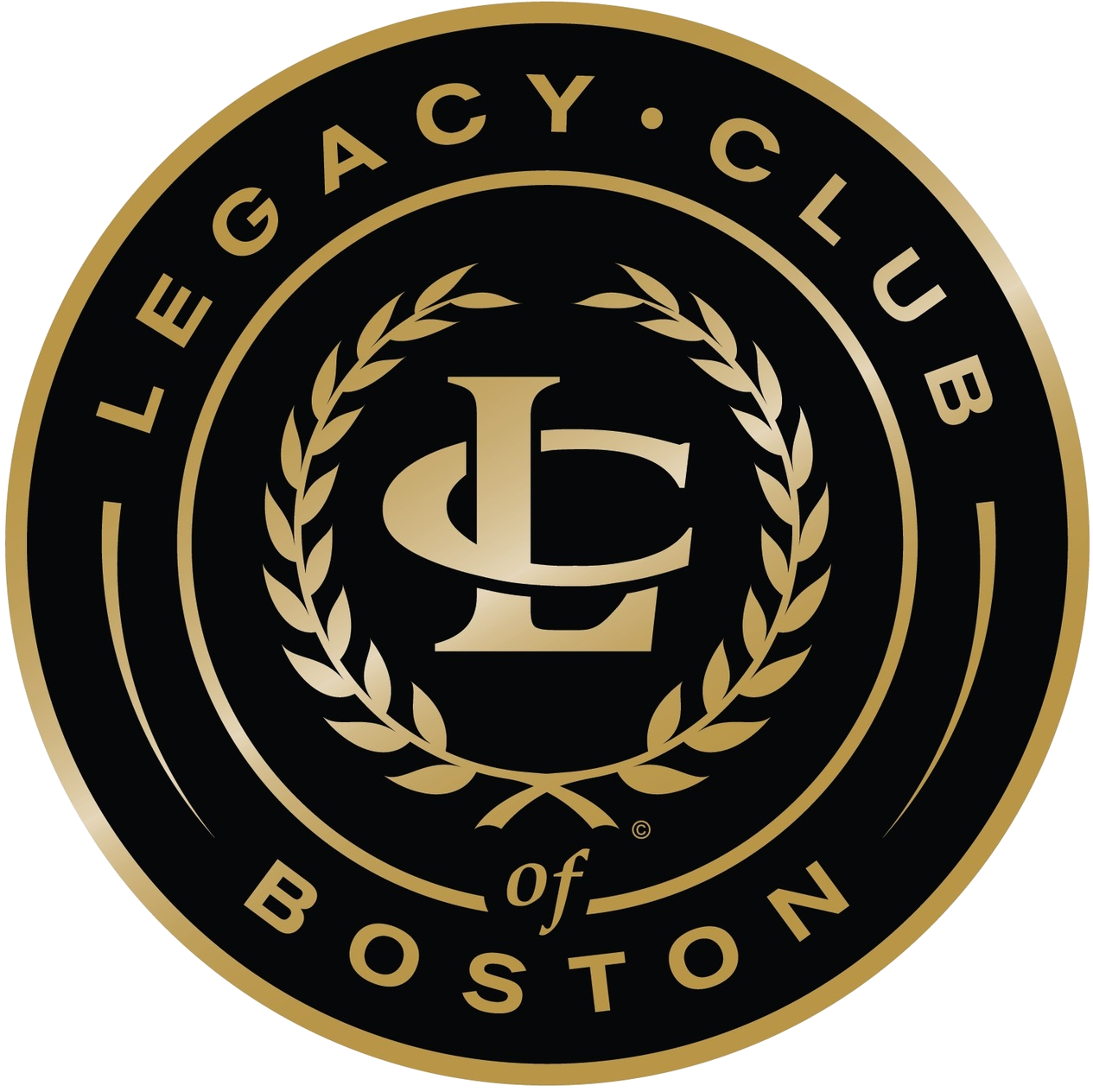
JOHN Hancock
“The important consequences to the American States from this Declaration of Independence, considered as the ground and foundation of a future government, naturally suggest the propriety of proclaiming it in such a manner as that the people may be universally informed of it.”
“We must be unanimous; there must be no pulling different ways; we must hang together.”
“Some boast of being friends to government; I am a friend to righteous government, to a government founded upon the principles of reason and justice; but I glory in publicly avowing my eternal enmity to tyranny.”
“Continue steadfast and, with a proper sense of your dependence on God, nobly defend those rights which heaven gave, and no man ought to take from us.”
John Hancock, one of America’s Founding Fathers, was born on January 12, 1737 in Braintree (now in Quincy), Massachusetts. He was an American statesman who was a leading figure during the Revolutionary War and the first signer of the U.S. Declaration of Independence.
Growing up, John Hancock had all the advantages of a life of privilege, by virtue of both money and lineage. His father died when he was seven years old, and he was sent to Boston to live with his uncle, Thomas Hancock. Thomas occasionally worked as a smuggler, but over the years, he built up a successful and legitimate mercantile trading operation. He had established profitable contracts with the British government, and when John came to live with him, Thomas was one of the richest men in Boston.
After John Hancock graduated from Harvard in 1754, Hancock entered a mercantile house in Boston owned by Thomas Hancock, who later left him a large fortune. In 1765 he became a selectman of Boston and from 1769 to 1774 was a member of the Massachusetts General Court. He was chairman of the Boston town committee formed immediately after the Boston Massacre in 1770 to demand the removal of British troops from the city.
In 1774 and 1775 Hancock was president of the first and second provincial congresses, and he shared with Samuel Adams the leadership of the Massachusetts Patriots. With Adams he was forced to flee Lexington for Philadelphia when warned in April 1775 that he was being sought by General Thomas Gage’s troops, approaching from Boston. Hancock was a member of the Continental Congress from 1775 to 1780; he served as its president from May 1775 to October 1777. He hoped to become commander in chief of the Continental Army, but George Washington was selected instead.
Hancock was a member of the Massachusetts Constitutional Convention of 1780 and in the same year was elected governor of the state. He served in Congress under the Articles of Confederation in 1785–86 and then returned to the governorship. He presided over the Massachusetts Convention of 1788 that ratified the federal Constitution, although he had been unfriendly at first toward the document. Hancock died while serving his ninth term as governor.

